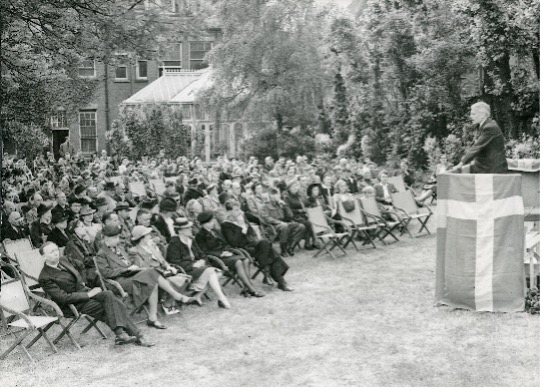Germany’s occupation of much of continental Europe in 1939-40 forced monarchs, politicians, political activists, intellectuals and experts to flee their home countries and relocate to safe havens such as London and Stockholm. The exile communities that emerged here came to conduct a particular, new improvised form of wartime politics that became central to the formation of the post-war European order.
This research project aims to explore the particular Danish wartime experience of exile politics. Denmark’s relative proximity to neutral Sweden meant that Danish exile politics took on a distinct form with relatively porous borders between home and exile and a comparatively high degree of mobility where Danish politicians, military and intelligence personnel and resistance fighters circulated between Copenhagen, Stockholm and London as well as a number of smaller Swedish and British cities.
It is the aim of this research project to produce the first exhaustive mapping of the Danish ‘exile ecosystem’ and to explore and analyze the new kinds of politics and political conflicts that were created by the German military occupation and the displacement of important sections of the Danish political and military elites. Drawing inspiration from, among other things, the practice turn in IR and the history of emotions, we are particularly interested in how exile played out on a day-to-day basis and to understand the social and emotional world that the exiled Danes inhabited.
The project is financed by The Independent Research Fund Denmark | Culture and Communication (Danmarks Frie Forskningsfond | Kultur og Kommunikation).
